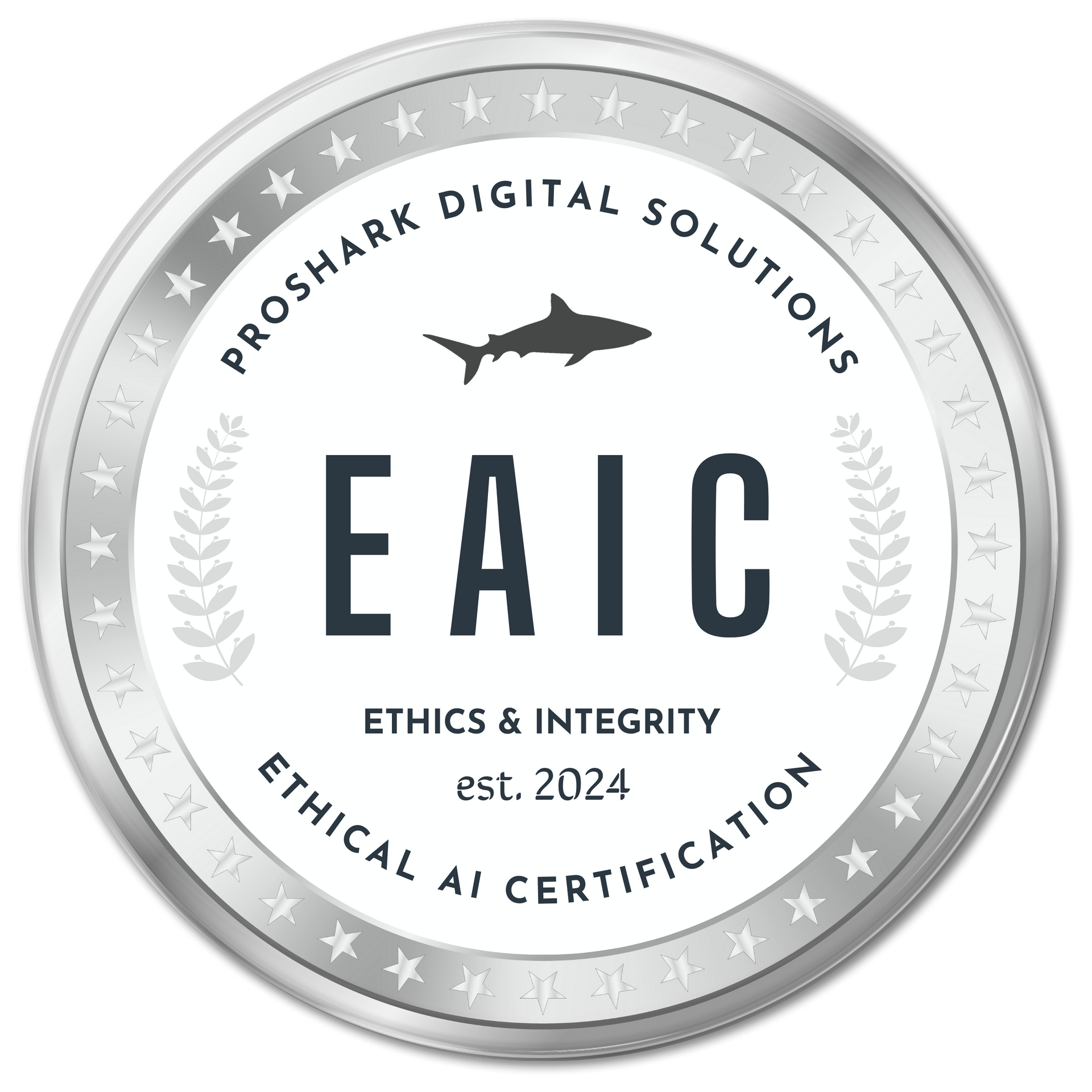Let’s face it—SEO (Search Engine Optimization) can seem like a mysterious, ever-changing world. It’s easy to get lost in the jargon and myths that surround it, especially if you’re trying to figure out how to make your website stand out. But don’t worry! We’re here to clear up the confusion and show you why SEO is not only important but totally within your reach.
In this post, we’re busting some of the most common SEO myths that might be holding your business back. By the end, you’ll have a clear understanding of what SEO really is and why it’s essential for your online success.

Myth 1: SEO is All About Keywords
Let’s kick things off with the biggest myth out there: the idea that SEO is just about cramming as many keywords into your content as possible. It’s easy to think that if you just use the right keywords, you’ll shoot to the top of Google. But here’s the deal—SEO is way more than just keywords.
The Real Deal: SEO is About Making Your Website Awesome
Sure, keywords are important, but they’re just one piece of the puzzle. SEO is really about making your entire website the best it can be. This means creating high-quality content, making sure your site loads quickly, and ensuring that it’s easy for visitors to navigate.
Why It Matters:
- Google Wants to Help Users: Google and other search engines want to give their users the best possible experience. So, they don’t just look for keywords—they look for websites that are genuinely helpful and easy to use.
- Quality Over Quantity: Instead of stuffing your content with keywords, focus on creating content that’s valuable to your readers. When your content is useful, people spend more time on your site, which boosts your rankings.
- Happy Visitors = Better Rankings: If people enjoy their experience on your site—whether it’s because it loads fast, is mobile-friendly, or has great content—they’re more likely to stick around. And that’s exactly what search engines like to see.
So, while keywords are definitely part of the SEO game, the real goal is to make your website a place where visitors want to hang out.
Myth 2: SEO Provides Instant Results
We live in a world where we’re used to getting things instantly—instant coffee, instant streaming, instant everything. It’s no wonder people expect SEO to work the same way. But here’s the truth: SEO is more like planting a garden than microwaving a meal. It takes time to see the results.
The Real Deal: SEO is a Slow Burn, But It’s Worth It
SEO isn’t going to skyrocket your site to the top overnight. It’s a long-term strategy that builds up your website’s credibility and visibility over time. But once it kicks in, it’s like a snowball rolling downhill—picking up speed and delivering consistent results.
Why It Matters:
- Search Engines Take Time: When you make changes to your site, it can take weeks or even months for search engines to notice and rank those changes. Patience is key.
- You’re Not Alone: Lots of businesses are competing for the same keywords. It takes time to outshine your competitors and climb the rankings.
- Steady Growth: The beauty of SEO is that once you start seeing results, they tend to stick around. Unlike paid ads, which stop working as soon as you stop paying, SEO keeps driving traffic to your site long after you’ve put in the work.
At ProShark, we know that good things come to those who wait. SEO is a long game, but the payoff is well worth the effort.
Myth 3: You Only Need to Do SEO Once
Here’s another common misconception: that SEO is a one-time thing. Some people think that once they’ve optimized their website, they’re done forever. But in reality, SEO is more like taking care of a plant—you’ve got to keep watering it to see it grow.
The Real Deal: SEO is an Ongoing Process
SEO isn’t something you can just set and forget. The online world is always changing—search engine algorithms update, new competitors enter the market, and user behaviors shift. To stay on top, you’ve got to keep tweaking and improving your SEO.
Why It Matters:
- Google’s Always Changing: Search engines like Google are constantly updating their algorithms to deliver better results. What worked last year might not work this year, so you need to stay on your toes.
- Your Competition Isn’t Sleeping: Your competitors are always working on their SEO too. If you stop, they’ll catch up and potentially outrank you.
- Fresh Content Wins: Search engines love new content. Regularly updating your site with fresh content and optimizing existing pages can help you maintain and improve your rankings.
At ProShark, we offer ongoing SEO services to make sure your website stays competitive and up-to-date with the latest trends.
Myth 4: SEO is Too Technical for Small Businesses
A lot of small business owners shy away from SEO because they think it’s too technical, too complicated, or just plain expensive. But here’s the truth: SEO isn’t just for the big players. Small businesses can benefit from SEO just as much—if not more.
The Real Deal: SEO is Accessible to Everyone
Yes, some parts of SEO can be technical, but the basics are pretty straightforward. And the good news is, small businesses can see big gains from even simple SEO efforts—especially when it comes to local search.
Why It Matters:
- Local SEO is a Game-Changer: If you’re a small business targeting customers in your area, local SEO can help you get found by people searching nearby. Simple steps like claiming your Google My Business listing and getting good reviews can make a huge difference.
- It’s Cost-Effective: SEO might require some time and effort, but it’s one of the most cost-effective marketing strategies out there. Once you start ranking well, the traffic keeps coming without the need for ongoing ad spend.
- You Can DIY: While professional help is always a plus, there are plenty of resources out there to help small business owners learn and implement basic SEO on their own. You don’t need a huge budget to get started.
At ProShark, we believe that every business deserves to be seen. That’s why we offer SEO solutions tailored to fit the needs and budgets of small businesses.
Myth 5: Paid Search is Better Than Organic SEO
When you need quick results, paid search (like Google Ads) can seem like the way to go. After all, you can pay to get your site to the top of the search results instantly. But while paid search has its place, it’s not necessarily better than organic SEO.
The Real Deal: Organic SEO Builds Long-Term Value
Paid search can give you a quick boost, but once you stop paying, the traffic stops too. Organic SEO, on the other hand, builds a foundation that keeps delivering results long after the initial investment.
Why It Matters:
- Better ROI: Paid ads can get expensive, especially in competitive industries. Organic SEO might take longer to see results, but the return on investment is much higher because the traffic is sustainable.
- Trust and Credibility: People tend to trust organic search results more than paid ads. When your site ranks high organically, it signals to users that your site is credible and relevant.
- Long-Lasting Impact: The benefits of organic SEO don’t disappear overnight. Once you’re ranking well, you can enjoy a steady stream of traffic for months or even years with minimal ongoing costs.
At ProShark, we recommend a balanced approach that includes both paid search and organic SEO. But remember, SEO is the foundation that keeps your website strong in the long run.
Conclusion: Get SEO Right and Reap the Rewards
SEO is often misunderstood, but it’s also one of the most powerful tools in your digital marketing toolkit. By busting these myths, we hope to give you a clearer picture of what SEO really is and why it’s so important.
Remember, SEO isn’t just about keywords—it’s about creating a great experience for your users and building a website that search engines love. It’s not a quick fix, but a long-term strategy that can drive sustainable growth for your business.
So, don’t let the myths hold you back. Embrace SEO, get it right, and watch your website—and your business—reach new heights!



All rights reserved © 2004-2024 Proshark • Privacy Policy • Messaging Policy • Terms of Service • Advertising TOU




